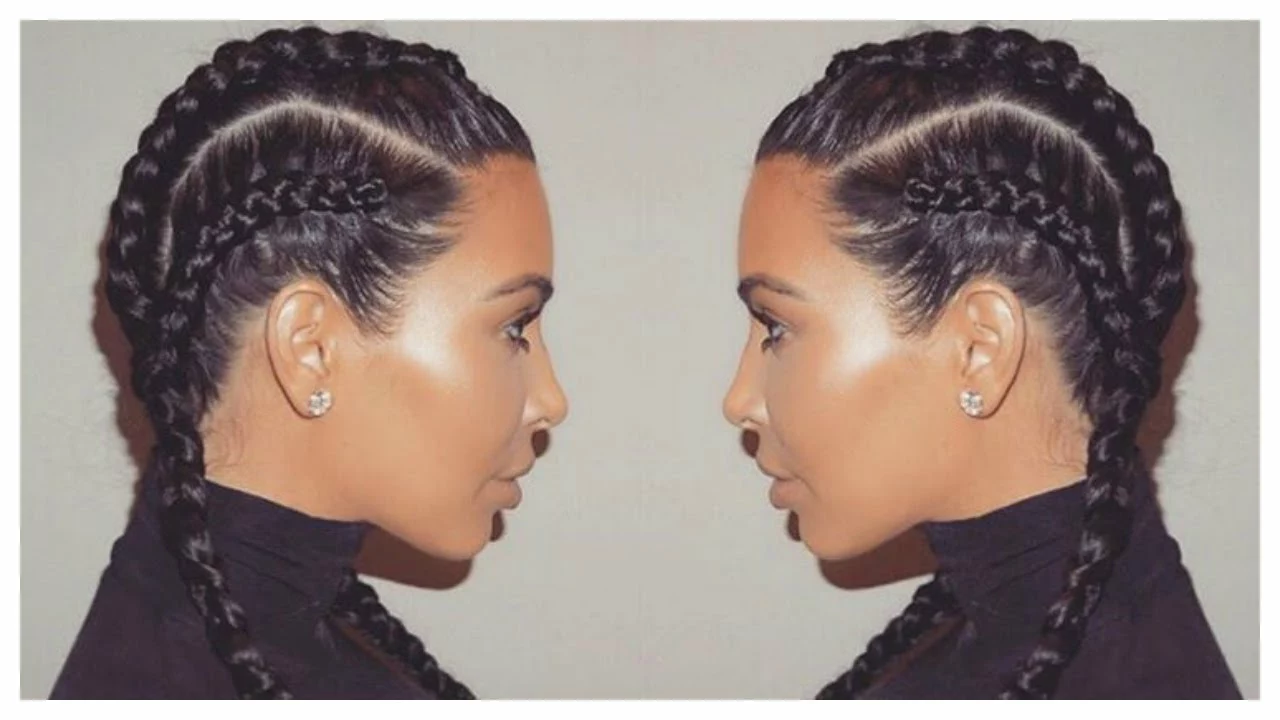Understanding Cultural Appropriation
Before we dive into the question of whether Arabs wearing cornrows qualifies as cultural appropriation, let's first try to understand what cultural appropriation means. Cultural appropriation is the adoption or borrowing of elements from another culture, particularly when a dominant culture borrows from a minority or marginalized culture. This can include things like clothing, hairstyles, language, or even religious symbols. The key point here is the power dynamic involved and the potential for exploitation or disrespect.
Origins of Cornrows
Cornrows have a rich history that traces back to Africa. These tightly braided hairstyles were not just for aesthetic appeal but held deeper meanings related to identity, status, and ethnicity in various African communities. The cornrow style was brought to the Americas with the transatlantic slave trade and became a symbol of resistance and survival for African slaves. It's a hairstyle soaked in centuries of cultural significance and history.
Arabs and Cornrows: A Cultural Exchange?
When it comes to Arabs wearing cornrows, we must first understand the historical and cultural context. Is there a historical connection between Arab and African cultures? Yes, there is, due to geographical proximity and centuries of intercultural exchanges. However, does this qualify the usage of cornrows by Arabs as cultural exchange rather than appropriation? That's a more complex question.
The Globalization of Hairstyles
In today's globalized world, hairstyles, just like other elements of culture, can cross borders. This spread is facilitated by media, tourism, and migration. As a result, people around the world are now exposed to a vast array of hairstyles, including cornrows. However, the widespread adoption of such styles doesn't necessarily make it free of cultural appropriation concerns.
Intent versus Impact
When discussing cultural appropriation, it's vital to consider both intent and impact. Someone might adopt a cultural element, like cornrows, with no intention of disrespect. However, if this adoption results in the marginalization, caricaturization, or erasure of the culture it's borrowed from, then it becomes problematic.
Voices from the Arab Community
What do Arabs themselves have to say about wearing cornrows? The opinions are varied. Some view it as a harmless act of admiration for African cultures, while others acknowledge the potential for it to be seen as cultural appropriation. The diversity of views within the Arab community reflects the complexity of this issue.
Voices from the African Community
Equally important is to listen to voices from the African community. What do Africans think of Arabs wearing cornrows? Many Africans express discomfort and frustration at seeing their cultural heritage being used as a fashion statement by others, especially when they themselves have been marginalized or discriminated against for the same cultural expressions. These feelings cannot be ignored in the conversation about cultural appropriation.
Appreciation versus Appropriation
How then can we differentiate between cultural appreciation and cultural appropriation? Cultural appreciation involves respect, understanding, and acknowledgment of the significance of the cultural element being adopted. It also requires giving credit to the culture it originates from. In contrast, cultural appropriation often involves taking cultural elements out of context, exploiting them for personal gain, and erasing their original cultural significance.
Creating a Respectful Cultural Exchange
So, can Arabs wear cornrows in a way that respects African cultures? It's possible, but it requires careful consideration. For a respectful cultural exchange to occur, Arabs (or anyone else) wearing cornrows should educate themselves about the hairstyle's history and significance, and respect its cultural context. They should also acknowledge and give credit to its African origins.
Concluding Thoughts
Whether Arabs wearing cornrows is cultural appropriation is not a simple yes or no question. It depends on various factors, including intent, impact, context, and the level of respect and understanding shown towards the culture being borrowed from. In any case, these discussions are essential in fostering understanding, respect, and appreciation for diverse cultures in our increasingly interconnected world.
